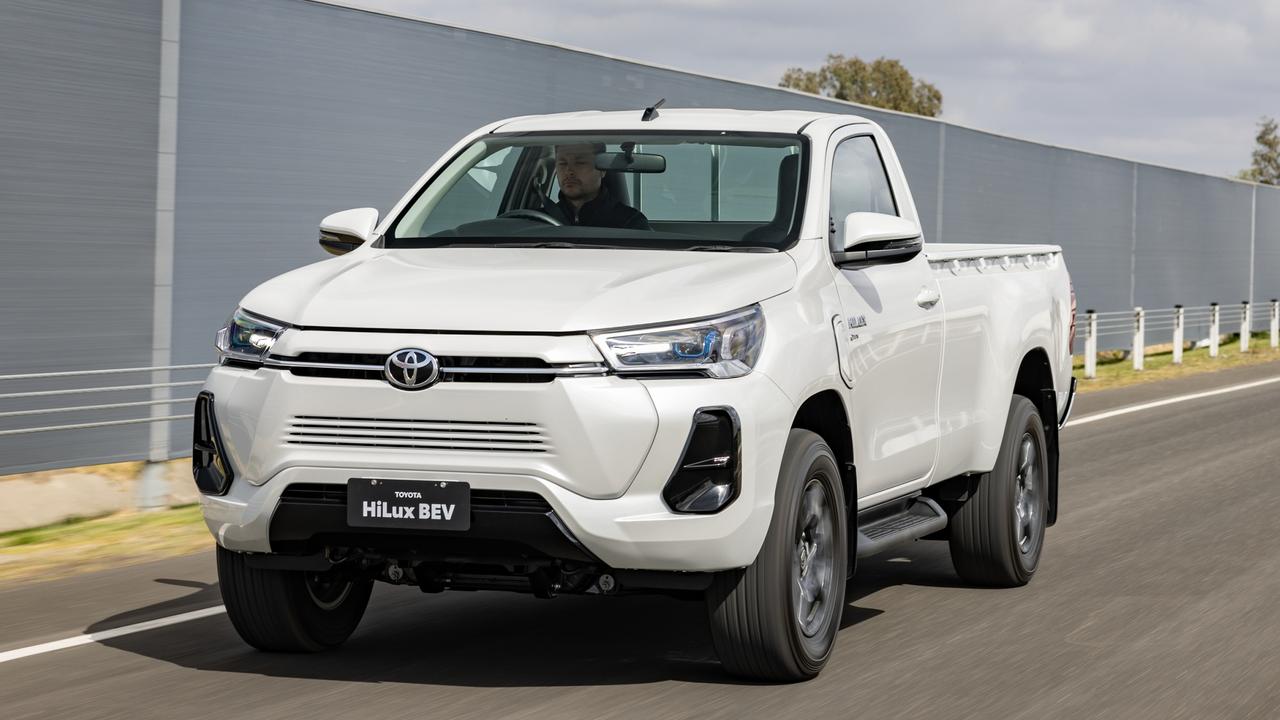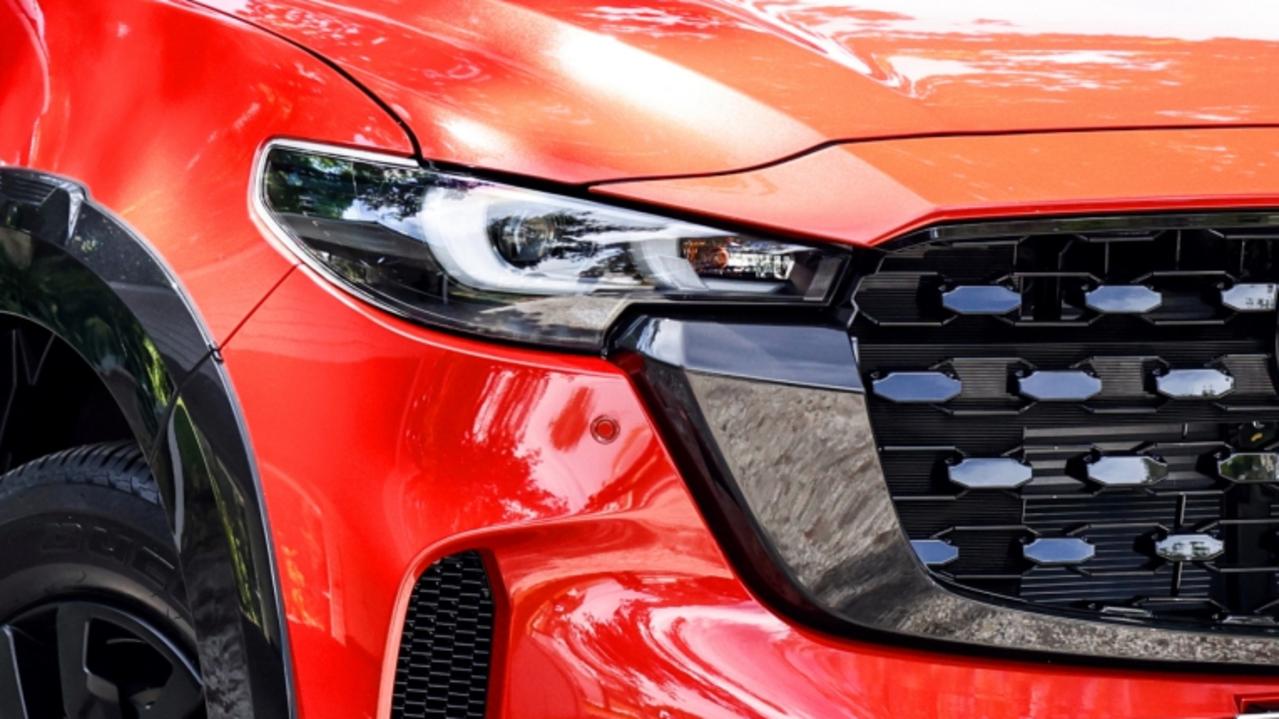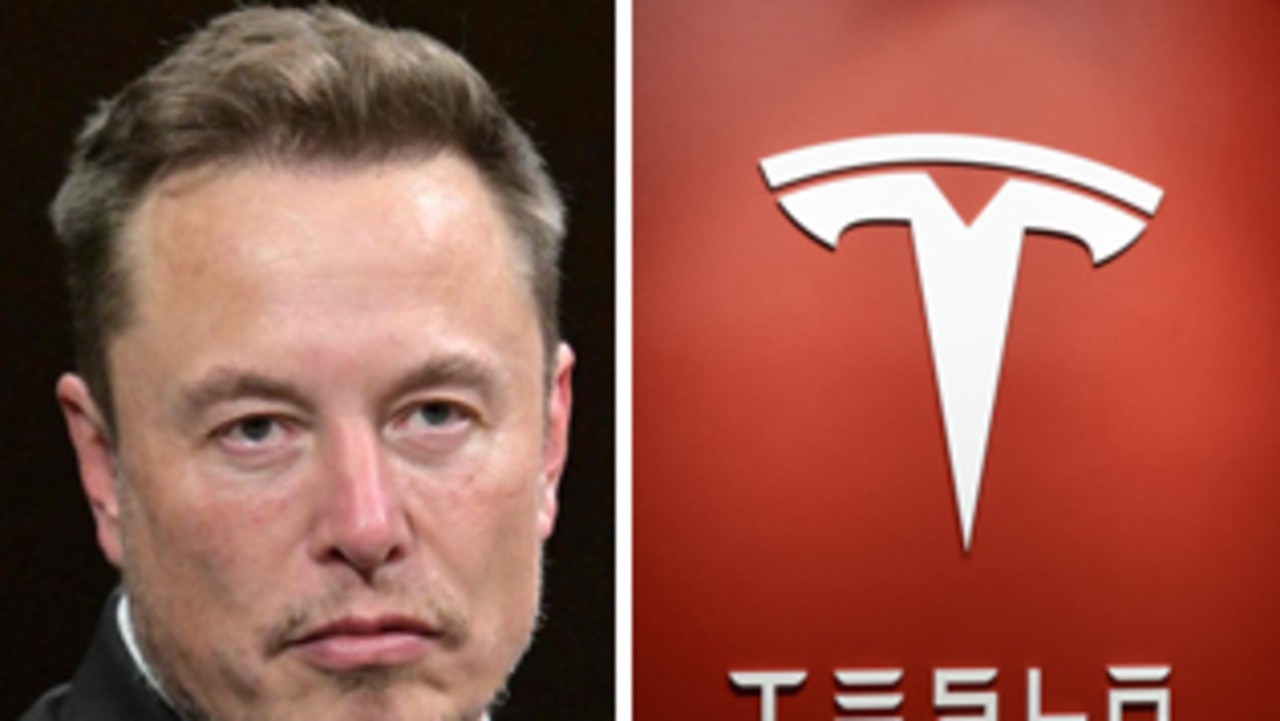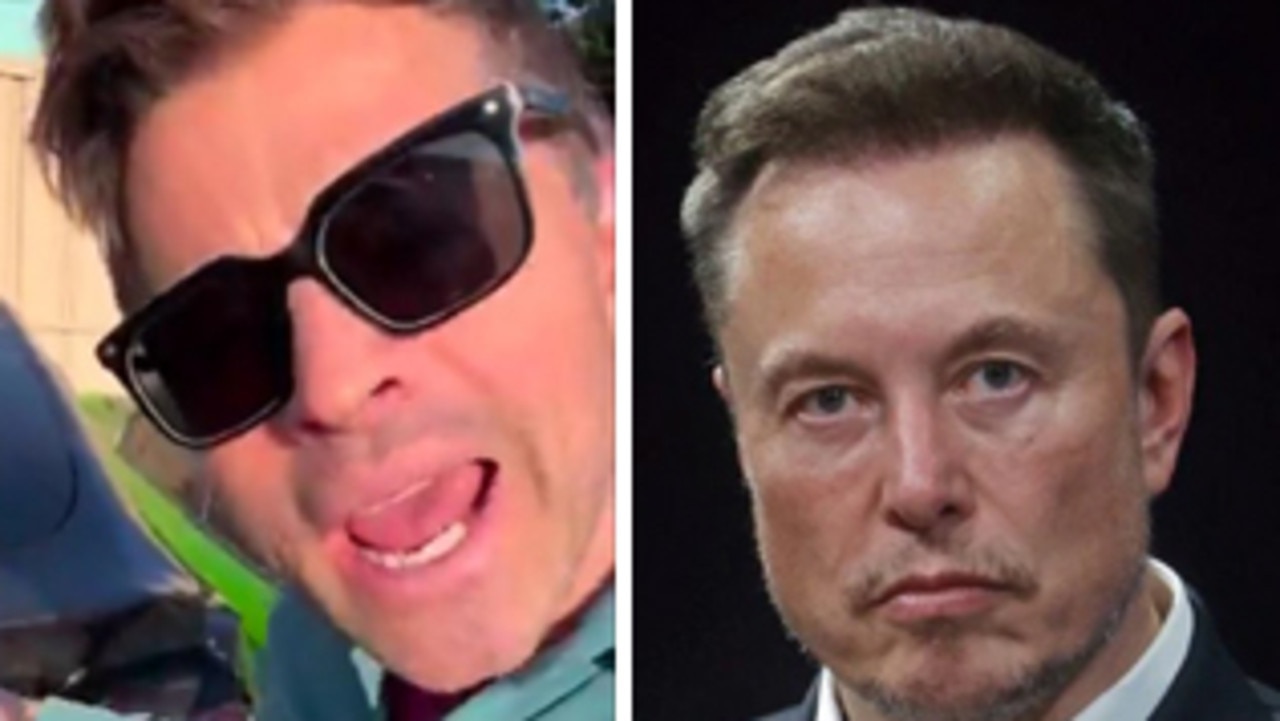Toyota builds an electric HiLux concept
The Japanese giant has been slow to develop electric cars but its latest machine shows its intention to dominate the market. There’s a catch, though.

Toyota has built an electric version of the best selling HiLux ute.
The catch is it’s a concept car and the brand has not committed to full-scale production.
READ OUR REVIEW OF THE ELECTRIC HILUX
But the new Revo BEV shows the tide might be turning for the world’s biggest car maker, which has been slow on the uptake of electric vehicles compared to European and American rivals.
Toyota Australia’s head of sales and marketing Sean Hanley says the electric HiLux concept has a city focus rather than being a rugged off-road vehicle.

“Our evaluation engineers and industry partners have confirmed that this city-focused HiLux BEV – while very much a concept vehicle – looks, feels and drives like a production model,” says Hanley.
“I’ve also had the opportunity to drive it – and it’s clear the concept vehicle’s all-electric powertrain delivers the impressive torque you’d normally expect from a diesel engine,” he says.
A few versions will be built for Thailand, where they will be fitted with benches in their trays and take part in a taxi program.

Toyota Australia hasn’t revealed any technical details of the HiLux Revo BEV concept but Mr Hanley says it is powered by bespoke Toyota EV technology, including the batteries and motors.
This means it could share much of its hardware with the bZ4X, the brand’s first electric vehicle, which is due in Australia next year.
Front-drive versions of the bZ4X use a 150kW and 266Nm electric motor fed by a 71.4kWh lithium ion battery.
The BEV’s batteries are stored under the floor and the concept has rugged leaf-spring suspension.

Building an electric ute is a big engineering challenge as it would need to be able to tow a significant amount, have a payload of about 1000kg and have the rugged off-road ability of current diesel-powered utes.
Hanley says the brand is up to the challenge and the HiLux Revo BEV concept shows the maker’s “determination to overcome the challenges of electrifying our commercial vehicles”.
The brand’s reluctance to commit to a plug-in ute is in stark contrast to other brands that have in some cases given firm dates for the launch of their EV utes.
More Coverage
Ford has announced a plug-in hybrid version of the Ranger will land in dealerships from 2025, with an electric ute likely to follow by 2027.
The Volkswagen Amarok, which shares its underpinnings with the Ranger, is on a similar timeline and Chinese electric car giant BYD will have a plug-in hybrid ute by next year before a fully electric version arrives soon after.
Kia is also working on an electric version of its all-new ute that would likely land in Australia before 2027. It appears likely that a ute will also follow from Hyundai, given the investment made by the group.





